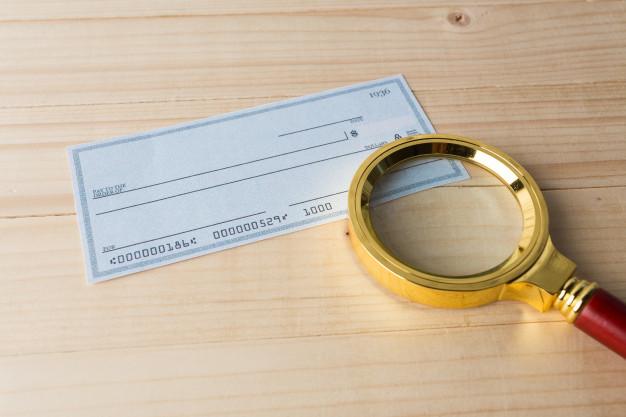Much has been written in the popular media about how difficult it has been to distribute stimulus funds to all eligible recipients quickly. There are two central reasons for this: a) individuals do not trust the federal government with their checking account credentials that could facilitate a fast and safe direct deposit of funds and b) they don’t have an account.
The FDIC is trying to do something about the latter. The Washington Post writes that FDIC will launch a campaign to encourage account ownership through a partnership with participating financial institutions:
To make it easier for these households to get their stimulus funds, the FDIC has launched a public awareness campaign — #GetBanked — to persuade unbanked individuals of the benefits of having a bank account.
The campaign will run in Atlanta and Houston, where the FDIC says its research finds a disproportionately higher percentage of unbanked Black and Hispanic households.
This summer, more stimulus money is slated to be distributed by the IRS in the form of advance child tax credit payments. Having a bank account will speed up the payments.
President Biden’s $1.9 trillion covid-related aid includes a substantial increase to the Child Tax Credit, which for the 2021 tax year expands to a fully refundable $3,600 for children 5 and younger and $3,000 for those ages 6 to 17.
The payments are slated to begin in July. The money is an advance, amounting to roughly half of the tax credit parents can claim when they file their federal returns next year. Having a bank account could mean fewer fees for people who need every dollar delivered to them by the IRS.
This is going to be very interesting to watch. The FDIC, which conducts a biennial report on the unbanked, is using its own data and knowledge of the unbanked population to try and solve the issues that they have uncovered. I am hopeful that this initiative will prove to overcome another issue found in their study; the majority of the unbanked do not want an account.
Overview by Sarah Grotta, Director, Debit and Alternative Products Advisory Service at Mercator Advisory Group






